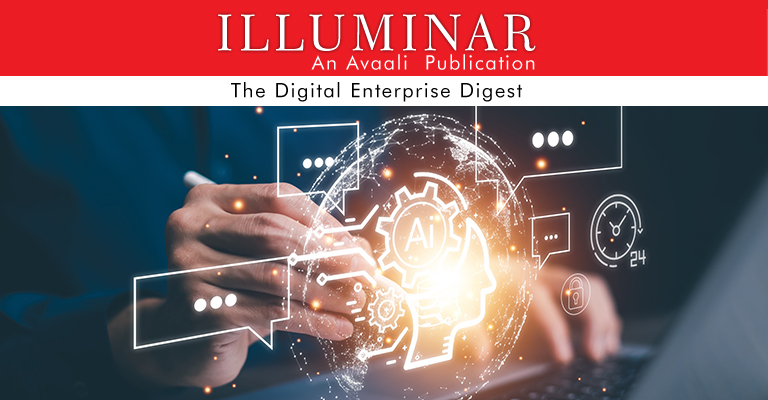INTERVIEW OF THE MONTH

INTERVIEW WITH MR. SUDHIR KANVINDE,
Chief Information Officer,
The Supreme Industries Ltd.
Enterprises already on the path of digital transformation were well prepared for the volatile situations, while others scrambled to cope with the sudden demand for technology assets during the pandemic. What are some of the good practices in embracing the change brought about by the pandemic and making an enterprise future proof?
Nobody and no organizationwas well prepared for the pandemic situation. It was a bolt out of the blue for everyone. Even the organizations on the path of digital transformation could not have foreseen the complete lockdown situation. Some organizations could have made the shift a little faster than the rest. Working from Home or offsite was not a new concept, but it was limited to maybe just the IT department in the company. The real challenge was getting everyone to work from home. Working from office was like operating out of a comfort zone, both for managers and team members. WFH or the hybrid model of work is a great opportunity as well as a great risk.
Ensuring system security and integrity is always a major concern. Along with the technical tools for security, employee awareness about cyber threats plays a crucial role in ensuring more secure behavior online.
Upskilling has become critical for all employees as the available talent pool has become much larger. This must be with a focus on overall employee well-being, going beyond just employee engagement.
CIOs are transforming from traditional IT service delivery to a more strategic role. They are no longer just responsible for IT services management, rather they are leading strategic initiatives. What is your opinion of the evolving role of a CIO?
The role of the CIO is most definitely evolving as technology is reshaping industries worldwide. IT must be the enabler of all strategic initiatives. CIOs are responsible not only for the technological roadmap of the company but also for the core business initiatives and innovations as IT is integral to business strategy. As the business world becomes more and more data driven, demands on IT are very much different from what they were before. The new age CIO is also an advisor, who adds value to business through appropriate and cutting-edge technologies. Being agile has a significant impact on productivity and scalability of an organization and the CIO has a significant role in ensuring this agility for the business. CIOs today are business leaders and strategists. The role of a CIO has seen the most dramatic transition in the past years.
CIOs are responsible for making quintessential shifts in the organizations to accelerate the digital transformation towards maintaining business continuity and ensuring growth in the post COVID ecosystem. What in your opinion are some of the important skills a CIOs should have to succeed in the post COVID world?
The need for digital transformation has been a turning point in the role of a CIO. This was, of course, pre-Covid. Covid only accelerated the digital transformation process, and everyone realized that IT is a powerful business tool.The key skill for a CIO is, of course, technical expertise and insights. He must decide among the avalanche of emerging technologies, what could give his organization and industry a competitive advantage.A thorough understanding of business and its target audience, along with a customer focused attitude is required of a CIO.
Next is the ability to draw up an achievable IT vision for the company and get everyone on board to work towards common goals.Shadow IT has pinpointed another skill required of the CIO and that is building trusted relationships with business managers and effective cross functional teams.
A CIO must be a lifelong learner and certainly needs networking and mentoring skills.
CIOs are being tasked with steering cultural change in their respective organizations to drive the digital transformation efforts that are necessary to support innovation and implement customer-centric strategies. How do you think CIOs are becoming the new agents of change today?
Organizational culture must be consistent with the organizational goals. It is necessary to map values and behaviors to the desired culture.With digital transformation, the company culture must change to compliment that shift. The acceptance of change takes time and determined efforts.
With the ever-increasing dependency on technology there is an expansion of the threat landscape in the cyber world. Purposefully developing a culture of cybersecurity within the organization is necessary of a CIO.













